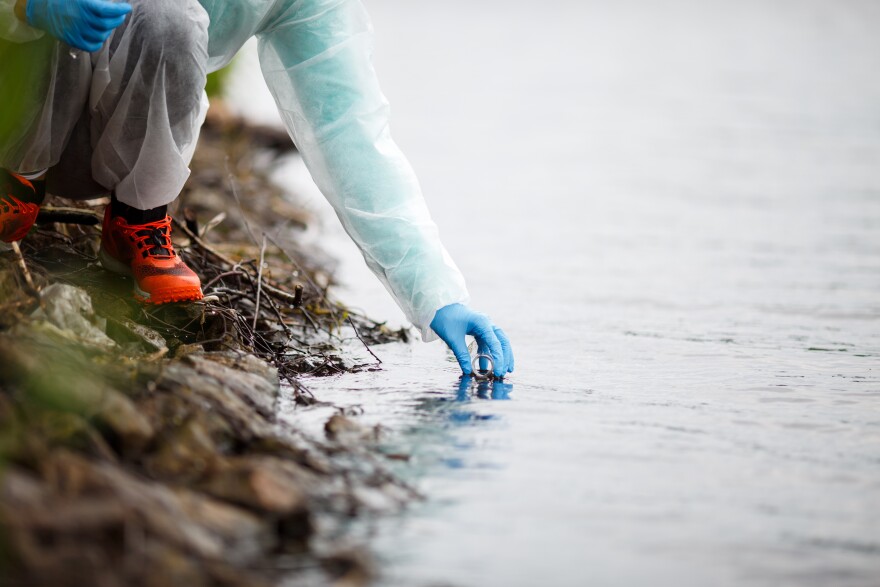Several Michigan environmental groups called on Governor Gretchen Whitmer Monday to sign a petition demanding that the federal Environmental Protection Agency monitor drinking water for microplastics.
Tami Renkoski is a retired certified industrial hygienist and a cofounder of the Michigan Microplastics Coalition. She said the group's goal is to get seven governors across the country to sign the petition and persuade the EPA to monitor microplastics in every state.
She said Whitmer is an ideal candidate to sign the petition because of her past environmental stewardship and because of her responsibility to protect the Great Lakes surrounding Michigan.
Renkoski said there are currently no laws in Michigan to monitor drinking water for microplastics, though there have been recent efforts to pass that legislation. But she said the state Department of Environment, Great Lakes, and Energy has started monitoring some surface and drinking waters throughout the state.
“It would be more cost effective and consistent if we had help from the federal government,” Renkoski said. She said that would standardize the methods used to collect the drinking water samples.
“You can’t manage a problem, unless you know the extent of the problem,” said Renkoski. She added that they have a pretty good idea that microplastics are a big problem, although leading scientific agencies have said there's not enough research yet to reach conclusions about their effects on human health.
Microplastics have become widespread, and Renkoski characterized them as “emerging contaminants." “We’re still learning about them and their hazards,” she said.
Renkoski said that fibers from laundry and tire dust are two of many ways microplastics can get into the drinking water supply. The microplastics end up at a waste water treatment plant, which can get into our rivers and streams and end up in our drinking water, she said.
“It’s pretty scary, you know? We’re getting it from all different sources. In the food we eat, in the air we breathe. … We not only have to test to see how many microplastics are in our drinking water, but look at where it’s coming from and how we can stop it at the source.”
She advised people to avoid drinking plastic water bottles and microwaving food in plastic containers.
The Michigan Microplastics Coalition and other groups across the state hope that if Whitmer signs the petition, it will be the first step toward getting federal regulations on the monitoring of microplastics.


